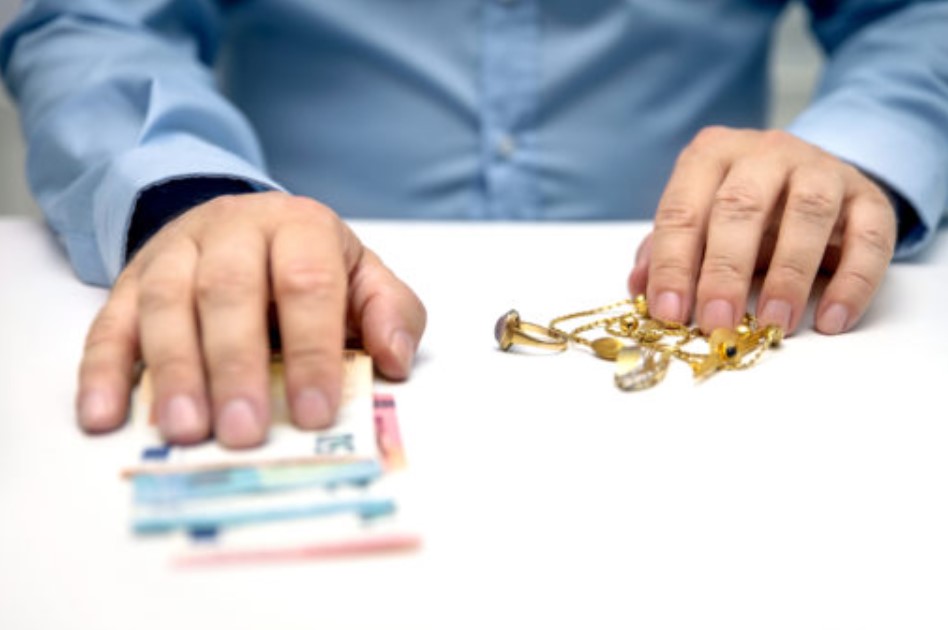

Pawnbrokers offer a unique form of short-term lending that revolves around securing loans against valuable personal items. These establishments, whether physical shops on main streets or online platforms, provide loans based on the collateral of items known as pledges or pawns.
How Pawnbroker Loans Work
When you approach a pawnbroker for a loan, they will evaluate the item you wish to pledge. Typically, pawnbrokers lend a percentage of the item’s assessed value. This evaluation process is crucial as it determines the loan amount you can receive. Once agreed upon, you enter into a loan term during which the pawnbroker retains possession of your item as security.
The loan term varies but usually lasts at least six months, during which you have the option to repay the loan plus accrued interest to reclaim your item. Failure to repay the loan within the agreed period allows the pawnbroker to sell your item to recover the loan amount.
Accepted Items for Pawn
Pawnbrokers accept a wide range of items that hold resale value, including jewelry, watches, electronics, vehicles, and antiques. Each pawnbroker may have specific criteria regarding acceptable items, so it’s essential to inquire beforehand.
Costs and Charges
Pawnbroker loans typically carry higher interest rates compared to traditional personal loans but are often more affordable than payday loans or other high-cost short-term credit options. The interest rates are disclosed as an Annual Percentage Rate (APR), enabling borrowers to compare different pawnbrokers easily.
Process of Pawning
The process of obtaining a pawnbroker loan differs slightly between physical and online establishments:
Physical Pawn Shop Adelaide.
- Valuation: Bring your item to the pawn shop Adelaide for appraisal. The pawnbroker assesses its value and determines the loan amount.
- Loan Agreement: If you agree to the loan terms, you’ll sign a credit agreement specifying the interest rate and loan duration.
- Security: You receive a ticket or receipt confirming ownership of the pawned item. Keep this safe as you’ll need it for redemption.
- Redemption: To retrieve your item, present the ticket and repay the loan plus interest within the agreed period. Repayment is typically made in a lump sum, though some pawnbrokers may offer installment options.
Considerations and Alternatives
While pawnbrokers offer quick access to cash without credit checks, borrowers should consider the implications of potentially losing valuable items if they cannot repay the loan. Alternatives to pawnbrokers include personal loans, credit cards, or borrowing from family and friends, depending on individual circumstances and financial needs.
Conclusion
Pawnbrokers serve a niche market by providing secured short-term loans against valuable items. Understanding the process and costs involved is crucial for borrowers considering this option. While pawnbroker loans offer convenience, borrowers should carefully weigh the terms and consider alternative borrowing options to ensure they choose the most suitable financial solution for their needs.







